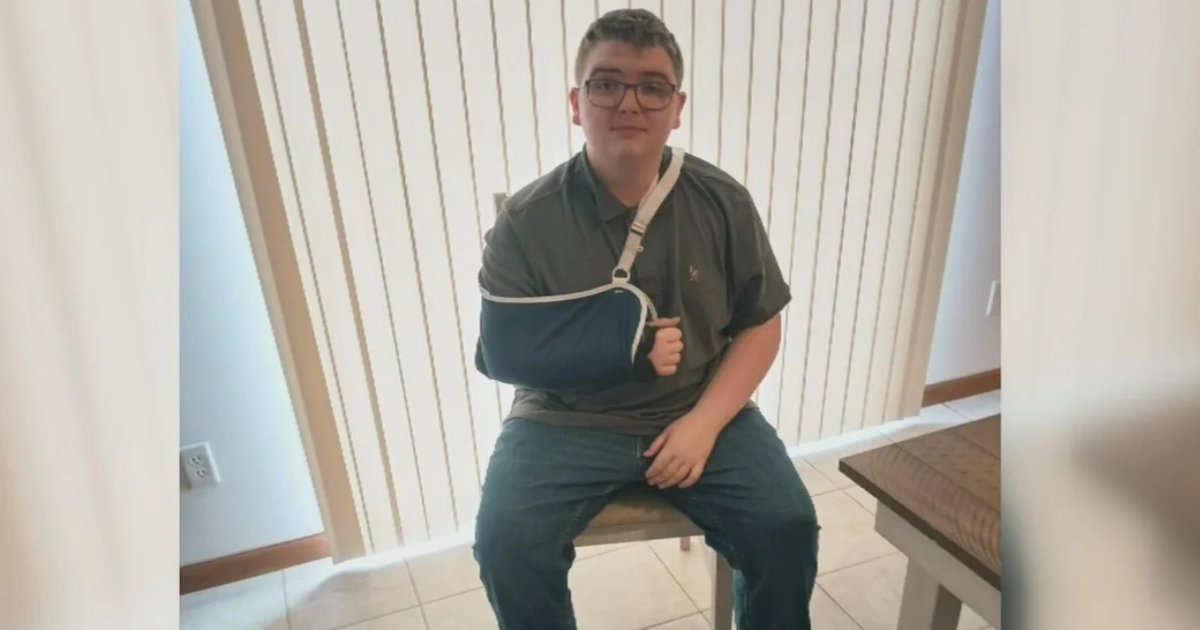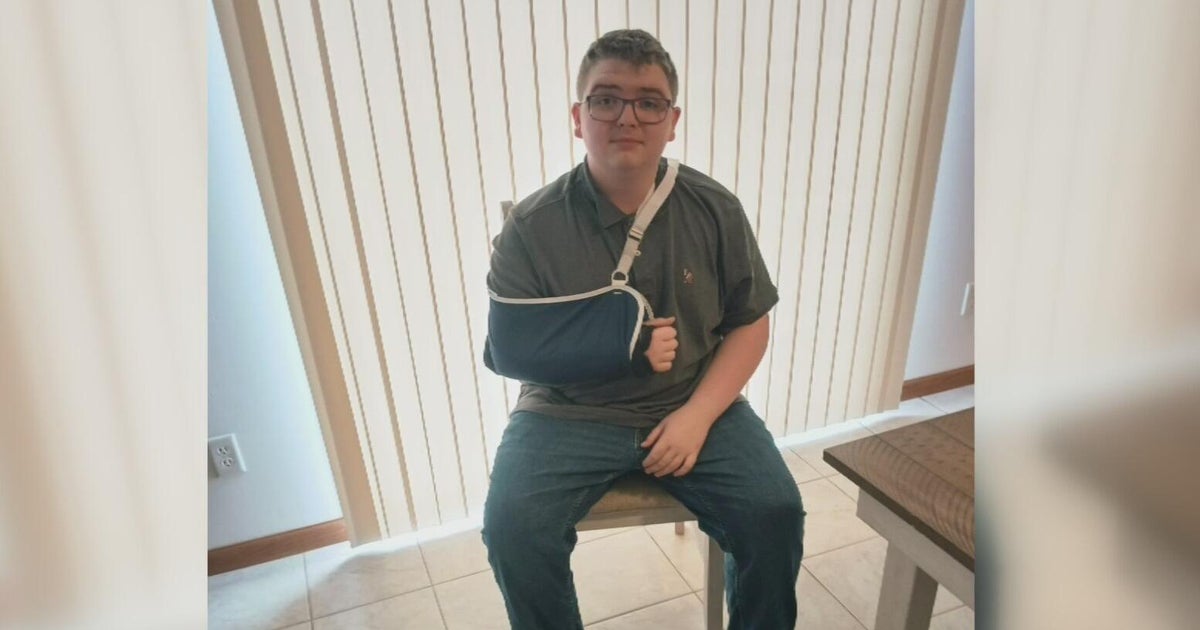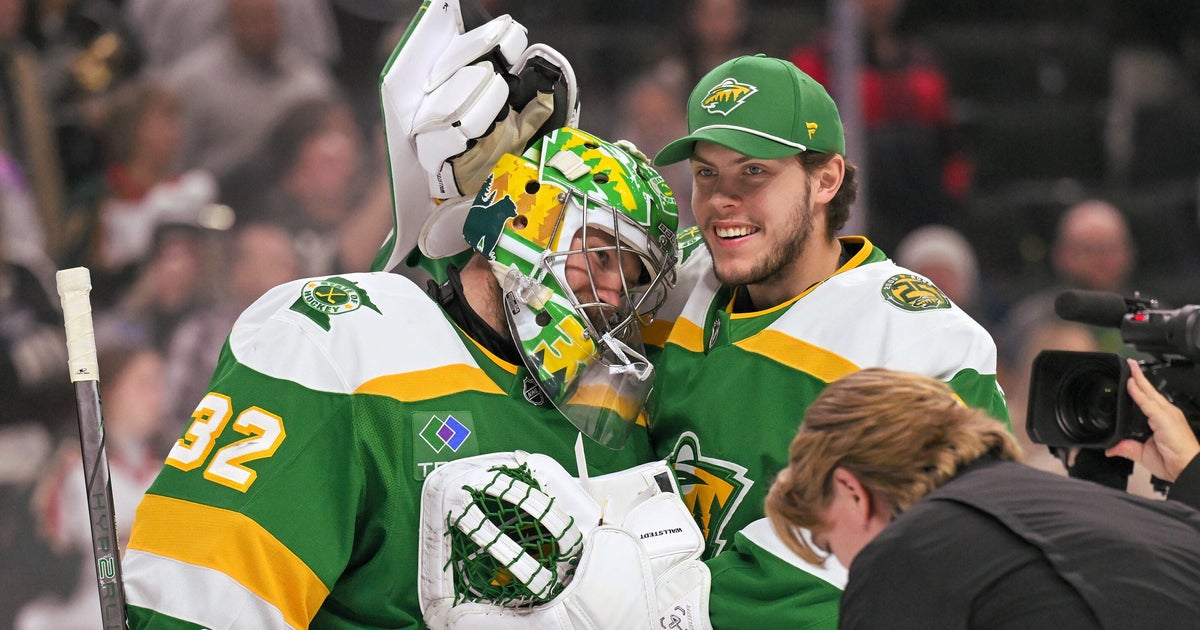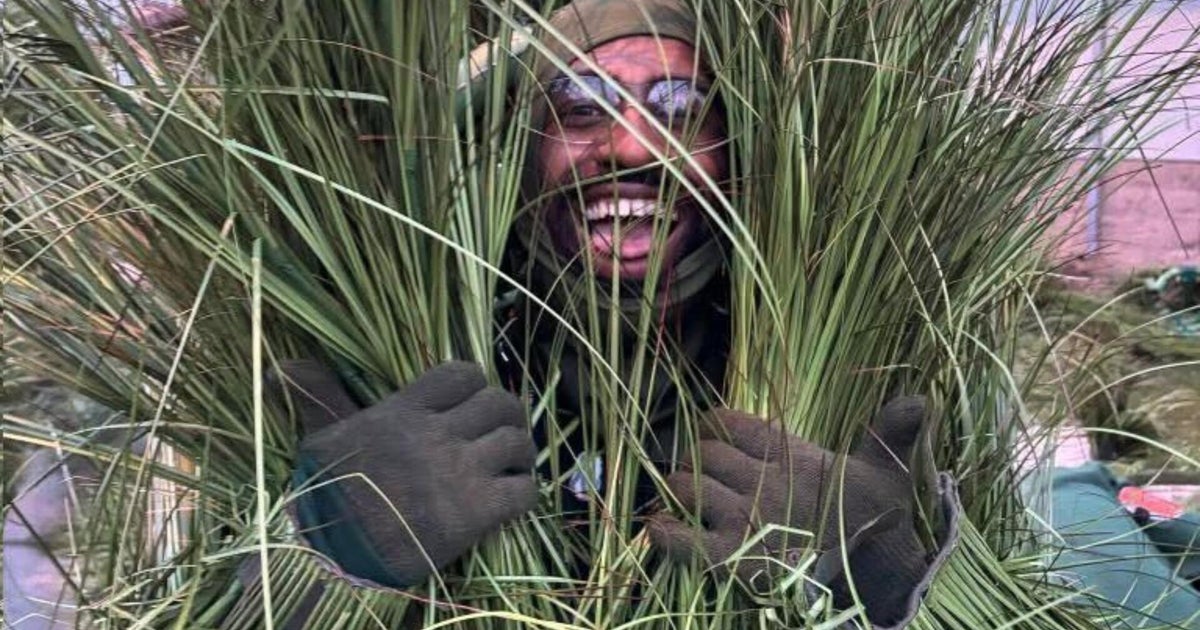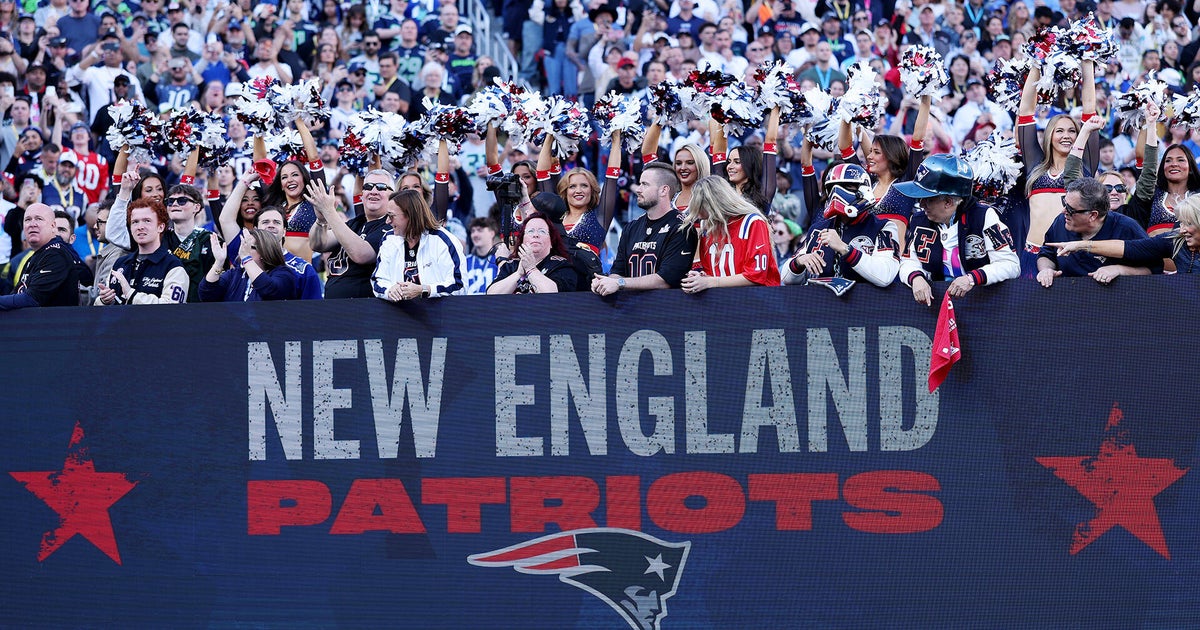Chatelain: How Can NFL Fans Not Feel Guilty In Light Of Brain Disease Revelations?
By Ryan Chatelain
» More Columns
Like many fans, my love for football started from a place of innocence. At six years old, it was a way to connect with my father. It was driven by childhood curiosity about the rules of the game, the colorful uniforms and helmet logos, and the cities the teams represented.
Fast forward a few decades later, and being a football fan is now a source of some guilt in my life.
Why?
These days, there is reminder after reminder that the heroes I have looked up to might be destroying themselves – and all to entertain me and my fellow football fans.
The latest alarming sign came last week when researchers with the Department of Veterans Affairs and Boston University revealed that 96 percent of the 91 deceased former NFL players they examined tested positive for the degenerative brain disease known as chronic traumatic encephalopathy, or CTE.
Yes, we've grown exponentially more aware in recent years of the potential repercussions of football players absorbing repeated blows to the head. But 96 percent? Are virtually all players trading a productive, healthy future for a handful of years living out their dreams?
The research doesn't go so far as to say that, but it still paints a pretty dismal picture.
And how can we, as fans, not feel some level of guilt when we hear news like this? Maybe if we didn't buy a ticket, Dave Duerson, Junior Seau and Mike Webster would still be on this earth. Perhaps if we didn't watch games on TV, former Saint Steve Gleason, who is suffering from ALS, wouldn't be confined to a wheelchair and communicating through a computer.
Football is simply supposed to be a source of entertainment for us. We fans never signed up for this expecting to grapple with such weighty life questions. Yet, here we are.
Recently, the trailer for the upcoming Will Smith movie "Concussion" was released. It tells the true story about forensic pathologist Bennet Omalu, who discovered the link between repeated blows to the head sustained in football and severe, debilitating brain damage, and how the NFL tried to silence him.
It looks like an important, eye-opening film. And yet, selfishly, all I could think to myself after watching the trailer was, "Why would I want to subject myself to that?" I'd rather check out the new Will Ferrell flick. I know he won't lay a two-hour guilt trip on me that will resurface every Sunday.
And it is extremely tempting -- and easy -- to look the other way. But when we do, we're essentially saying that our desire not to be deprived of watching a sport we love carries more weight than the health of the those athletes we put on a pedestal every fall weekend.
It's easy to forget that behind the facemasks are real people with real families, with children who need functional fathers.
In some ways, football is like a drug addiction. For diehard fans, we crave it, and when we get a taste, it rewards our brains with a short-lived rush. The difference is that it's not our own families paying the price for our addiction. It's Jim McMahon's family; it's Andre Waters' family; it's the families of countless others.
And like addicts, we love this sport too darn much to simply walk away from it and never look back.
So how do we cope?
For starters, we can hope the NFL and the medical community have made and will continue to make real strides that drastically improve the safety of the game – and therefore the long-term outlook for players. After all, it has only been in the last several years that certain hits to the head have been outlawed and the term "concussion protocol" has entered the NFL lexicon.
The sport is not where it needs to be yet. That much became painfully obvious in last season's playoffs when, even with the concussion issue under an intense spotlight, Ben Roethlisberger and Russell Wilson returned to playoff games mere moments after sustaining crushing hits to the head.
If we sincerely care about both the sport and its players, we fans can use our voices --perhaps through the power of social media -- to make sure the NFL and teams know that we're not OK with that any longer.
But while we owe it to the players not to look the other way, we also should let ourselves off the hook for three hours at a time to enjoy a game. There's not much we can control on the matter. We didn't invent the sport. We didn't cover up scientific evidence. We're not forcing the players to suit up. And the overwhelming majority of us aren't smart enough to come up with the solution.
We just fell in love with a game.
And that's something we shouldn't feel guilty about.
Follow Ryan on Twitter @RyanChatelain.
